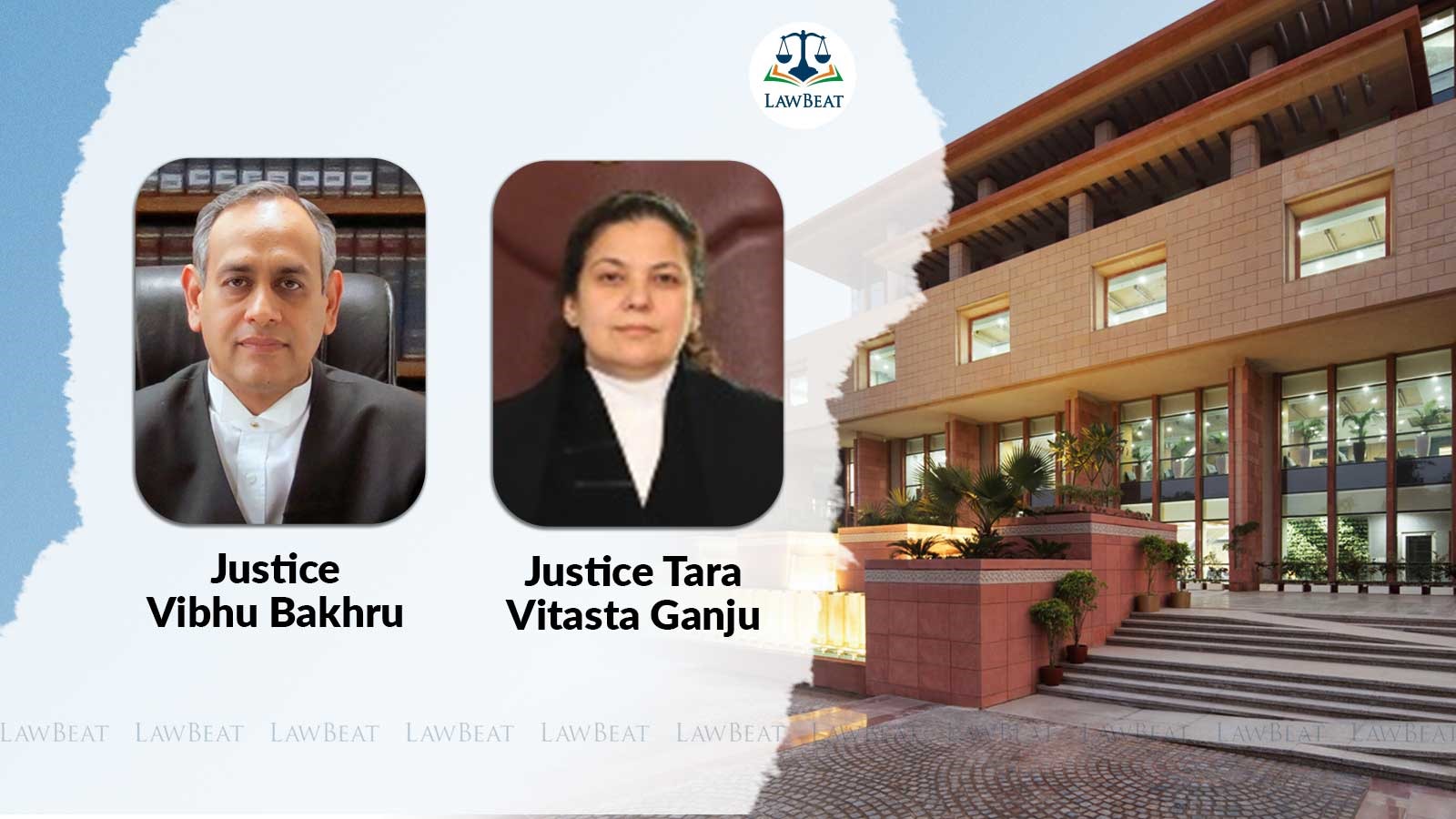Delays Cause By Employer Do Not Entitle Contractor To Damages Unless Pleaded And Proved During Arbitration: Delhi HC

The claimant must prove the contract's time sensitivity, losses from the respondent's delays, efforts to reduce losses, and any escalation clause in the contract, court said
The Delhi High Court has recently held that contractors cannot claim damages for delays caused by employers unless these delays are specifically pleaded and proven during arbitration proceedings.
The bench of Justice Vibhu Bakhru and Justice Tara Vitasta Ganju noted, “Arbitration is a creation of the contract between the parties. The Claimant was required to plead and prove that time was the essence of the contract. That the Claimant suffered losses due to delay caused on account of the Respondent. The Claimant was also required to plead and prove that he took all necessary steps to mitigate the losses for which the claim has been filed. The Claimant was required to plead and prove if there was any escalation clause in the contract”.
An appeal was filed under Section 37(1)(c) of the Arbitration and Conciliation Act, 1996 (Act), challenging a ruling by the Commercial Court. The appeal stemmed from a complex contractual disagreement involving the Delhi Development Authority (DDA) and an appellant regarding the repair of quarters in Pocket-A-5, Paschim Vihar (Works).
Initially, the appellant invoked Section 34 of the Act to contest an arbitral award arising from the contractual disputes. The works, initially valued at ₹27,65,097, were eventually settled at a contract price of ₹40,57,083. However, project delays led to a claim by the appellant against the DDA, including a disputed sum of ₹7,000 wrongfully withheld. As direct negotiations failed, the appellant activated the arbitration agreement under Clause 25 of the contract, prompting the Delhi International Arbitration Centre (DIAC) to nominate an arbitrator (First Arbitrator). Subsequently, due to the First Arbitrator's term expiration, a substitute arbitrator was appointed.
The crux of the dispute lied in the Arbitral Tribunal's award, which favored the appellant on one claim (wrongfully withheld amount), granting ₹7,000 plus interest at 12% per annum, but dismissed another major claim of ₹20,22,082 for an unpaid final bill. The Tribunal's rejection was based on the appellant's failure to demonstrate loss from contract breaches and establish a valid cause of action for the claimed amount.
The Commercial Court's dismissal of the appellant's challenge prompted an appeal, where Advocate G.L. Verma representing the appellant contended that the Tribunal's findings contradicted those of the First Arbitrator, citing Section 29A (6) of the Act. However, Advocate Aakanksha Kaul, representing the respondent, argued against this interpretation, emphasizing procedural nuances and the lack of a valid basis for challenging the Tribunal's decision under Section 34 of the Act.
The appeal delved deeper into the order issued by the First Arbitrator, addressing multiple applications, including challenges to jurisdiction and the framing of key issues regarding the cause of action. The subsequent legal wrangling centers on whether the observations in the said order should bind the subsequent arbitrator and whether the order acted as an interim award with finality.
Crucially, the order observations were not intended to preclude challenges to the merits of claims but rather to justify procedural decisions and dismiss concerns about the Arbitrator's impartiality. The appellant's claim of preclusion was debunked, affirming that the Tribunal's rejection was based on insufficient proof of losses despite recognizing a valid cause of action. Accordingly, the court dismissed the appeal.
Case Title: Dharamvir & Company v Delhi Development Authority & Anr (2024:DHC:2166-DB)
